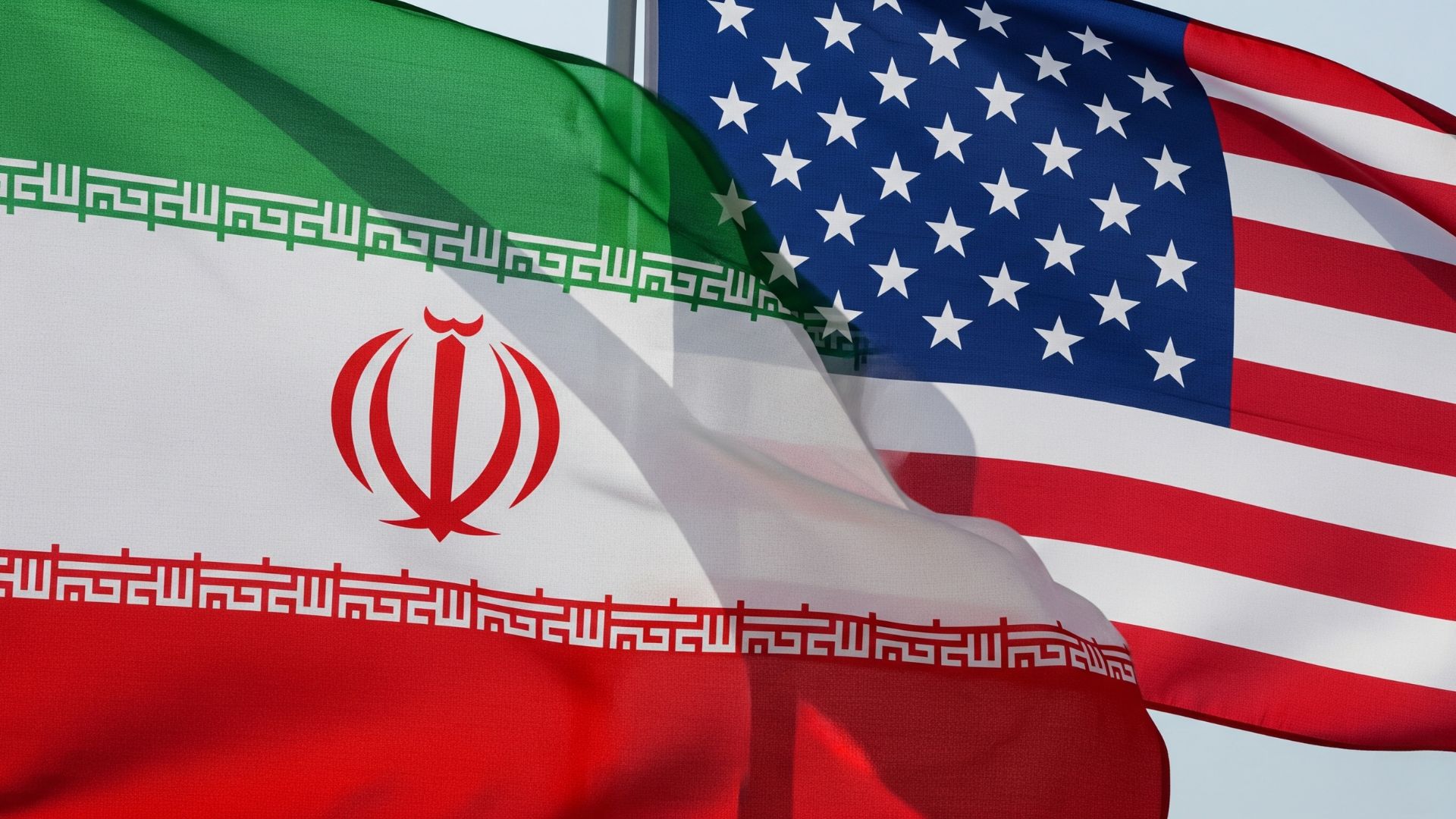The International Commission of Jurists (ICJ) condemns the unlawful military attacks by the United States on 21 June against Iran’s nuclear facilities in Fordow, Isfahan, and Natanz as a violation of Article 2(4) of the United Nations (UN) Charter and of the prohibition of attacks on nuclear facilities.
The ICJ recalls that the prohibition of the use of force under the UN Charter is a peremptory norm of international law from which no derogation is permitted, except in those clearly limited circumstances established by the UN Charter itself: when force is used in the exercise of the right to self-defence “if an armed attack occurs” or when its use is duly authorized by the UN Security Council. Since neither exception was fulfilled, the ICJ considers that the US attack against Iran was an unlawful use of force, which the UN Charter prohibits.
The ICJ further recalls that Article 56 of the 1977 Protocol Additional to the Geneva Conventions of 12 August 1949, and relating to the Protection of Victims of International Armed Conflicts (Protocol I), prohibits attacks against, “works or installations containing dangerous forces”, including “nuclear electrical generating stations”, “even where these objects are military objectives, if such attack may cause the release of dangerous forces and consequent severe losses among the civilian population”.
The practice of the UN Security Council reflects such a prohibition. In its 1981 Resolution 487, the UN Security Council strongly condemned Israel’s air attack on Iraqi nuclear installations as a violation of the UN Charter and of “the norms of international conduct”, and as a serious threat to the entire safeguards regime of the International Atomic Energy Agency (IAEA). At the time, all 15 members of the Security Council, including the United States, voted in favour of Resolution 487.
In a briefing to the UN Security Council following the US attack, the IAEA Director General, Rafael Mariano Grossi, reiterated that, “armed attacks on nuclear facilities should never take place and could result in radioactive releases with grave consequences within and beyond the boundaries of the State which has been attacked.”
“The use of military force must not supplant the binding norms of international law as enshrined in the UN Charter,” said Santiago Canton, ICJ Secretary General.
“The international community must act urgently to reaffirm and uphold these legal obligations, and to restore the central role of the UN and its institutions in maintaining international peace and security. It is imperative that diplomacy, not force, once again becomes the primary means of resolving disputes.”





